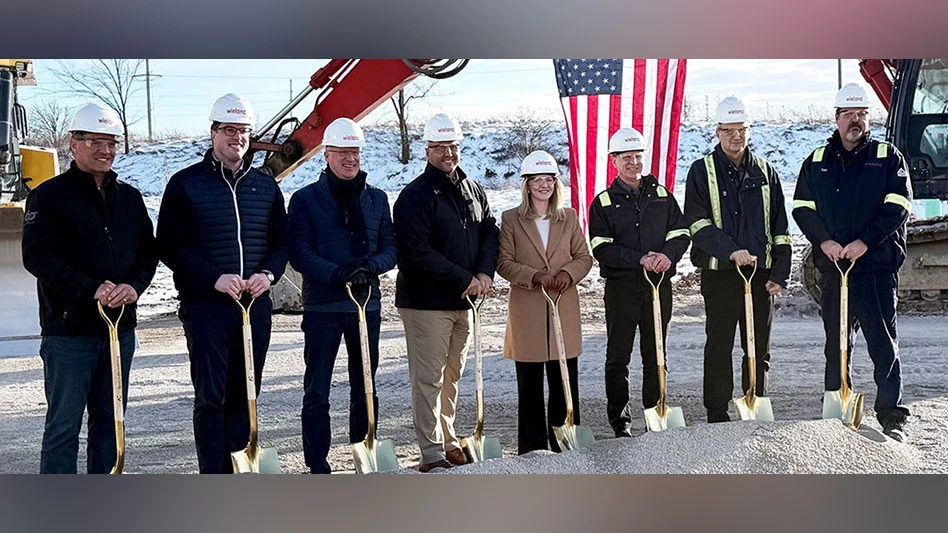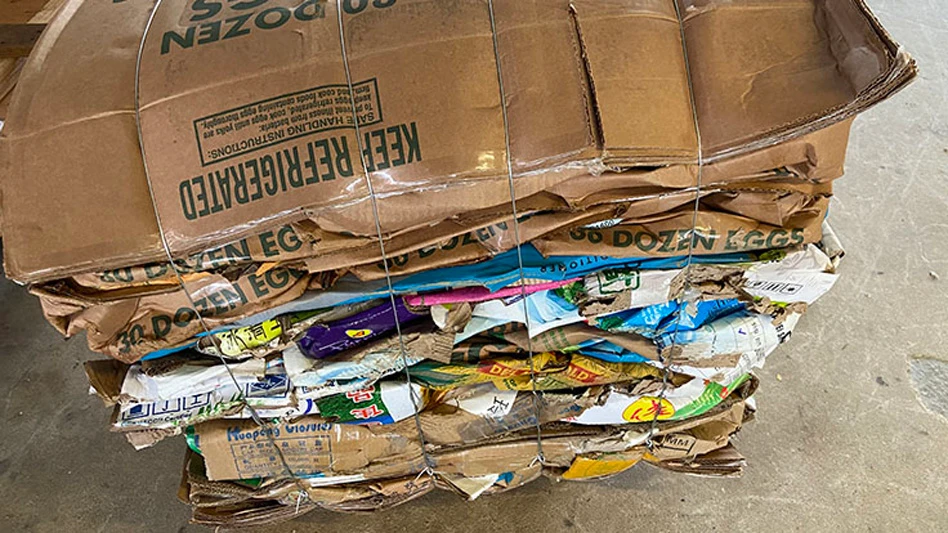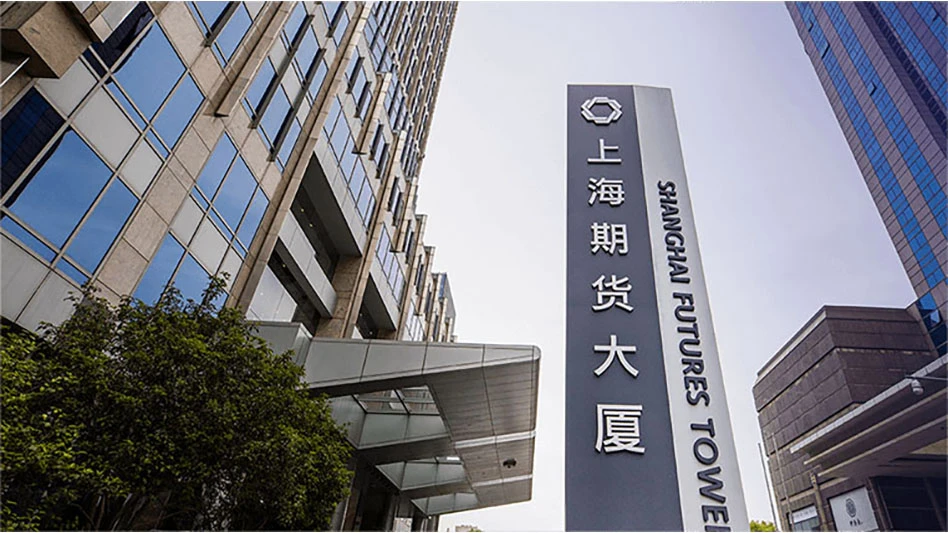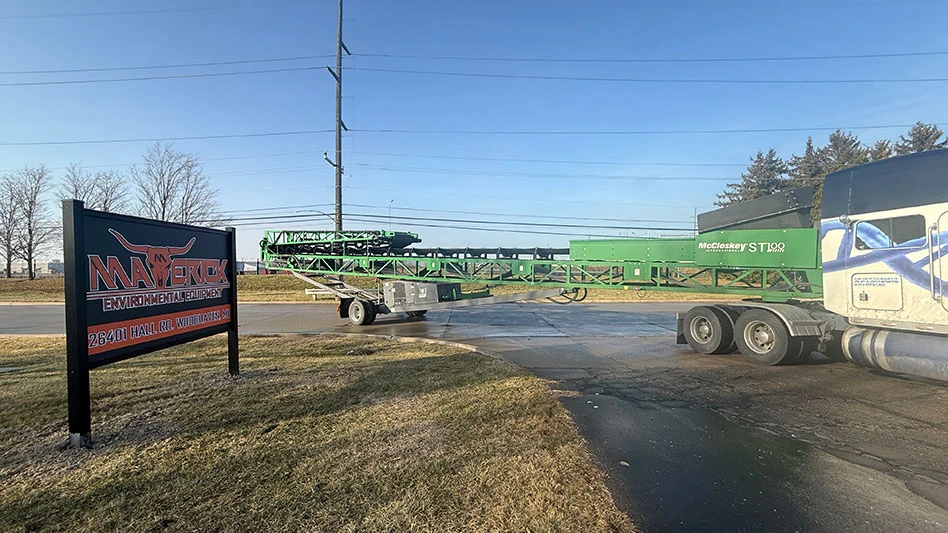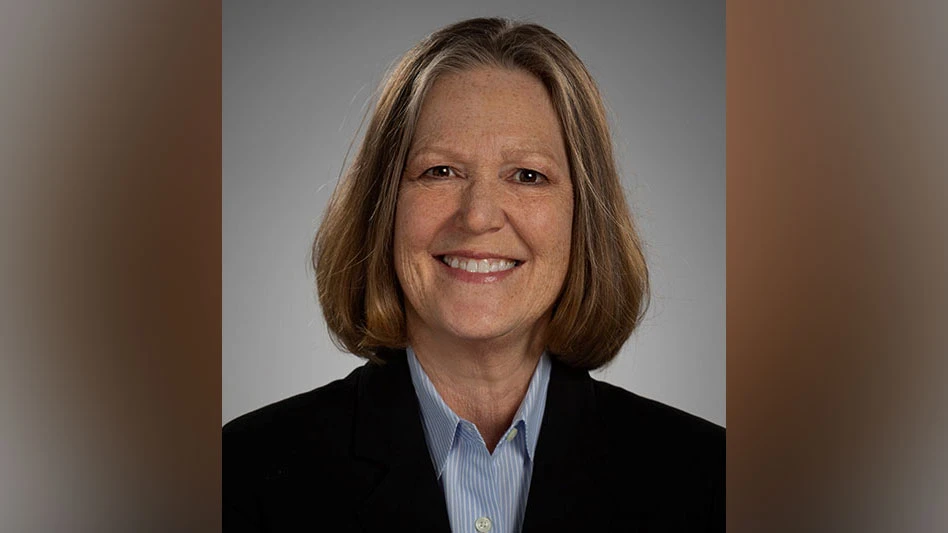
Nevada-based Redwood Materials has announced the selection of a site near Charleston, South Carolina, as the future home of a 600-acre campus dedicated to the production and recycling of battery materials for electric vehicles (EVs) and other applications.
“At Camp Hall in Berkeley County [South Carolina], Redwood will recycle, refine and manufacture anode and cathode components on more than 600 acres, creating more than 1,500 jobs and investing $3.5 billion in the local community,” the company says.
Redwood has been entering alliances with several battery producers and manufacturers in the past two years to position itself as a provider of battery-grade lithium, cobalt, nickel and copper. Among the companies with which Redwood has announced agreements are Toyota, Ford, Volkswagen, Volvo and Panasonic.
The South Carolina campus, if it reaches its initial planned capacity, will be able to produce 100-gigawatt hours (GWh) of cathode and anode metals per year, “enough to power more than 1 million EVs,” according to Redwood. “However, this site also provides us the opportunity to expand our operations to potentially several hundred GWh annually to meet future demand,” the company adds.
Redwood says it plans to break ground on its new campus in the first quarter of 2023 and have its first recycling process running by the end of next year.
Redwood characterizes South Carolina as having provided a home to the automotive industry for nearly three decades, now hosting more than 500 automotive companies and 72,000 industry workers. Germany-based BMW has been a leading automotive player in the state, and announced it will build an EV production plant in the state this October.
Although Redwood prominently mentions its recycling capabilities in its announcement, the firm indicates it also will be processing virgin materials at its new facility. “With increasing demand for lithium-ion batteries, the ability to import raw materials, which we will also be able to refine on this site, presents a significant advantage,” the company says.
“Additionally, this site will be served by rail access, adding to the fast and efficient logistics this state and site offers,” Redwood continues. “When paired with the benefits of the recent Inflation Reduction Act, this strategic location also allows us the opportunity to invest more heavily at home while potentially exporting components in the future, allowing the United States to become a global leader in this manufacturing capability.”
In its announcement, Redwood refers to an emerging “Battery Belt” corridor it describes as running from Michigan to Georgia, where “hundreds of GWh per year of battery cell production capacity will be built and start operating between now and 2030.” Other states in that “belt” with a facility planned include North Carolina, Ohio and Tennessee.
The firm continues, “Unless metals like lithium and nickel are produced and refined and remain in country for domestic anode and cathode manufacturing at scale, these American battery cell facilities will have to continually source the majority of their components [from overseas], predominantly from Asia. This will send most (50 to 75 percent) of the economic value and job creation overseas.”
Redwood says it combines recycling, refining and remanufacturing to produce and return battery materials to U.S. battery cell manufacturers, adding, “We take in end-of-life batteries, break them down to their basic metals (like nickel, copper, cobalt and lithium) and then rebuild those metals into cathode and anode products.”
Latest from Recycling Today
- WM reports revenue, earnings growth in Q4 and full-year 2025
- Solarcycle’s Cedartown, Georgia, recycling facility opens
- Stadler equips Spanish MRF
- SSAB finishes 2025 with decreased revenue
- Vecoplan appoints CFO
- Aurubis raises full-year forecast
- Levitated Metals adds LIBS sorting technology
- Redwood Materials closes on $425M in Series E financing
